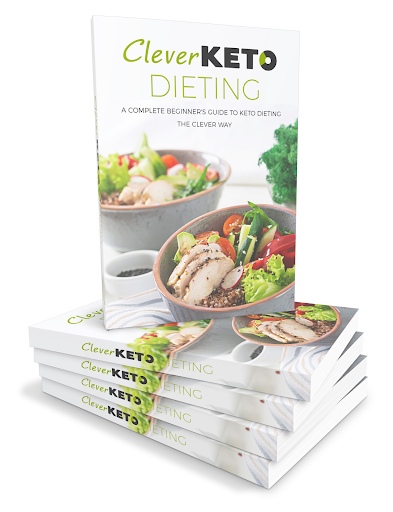Learning Accuracy Check.
Learning is a never-ending process, and as we continue to grow and develop, it's essential to ensure that the knowledge we acquire is correct and reliable. In today's age of information overload, it's challenging to differentiate between accurate and inaccurate information. With so much information available at our fingertips, it's easy to get lost in a sea of conflicting ideas and opinions.
Knowing if what you are learning is correct is essential, as it can help you make informed decisions in your personal and professional life. The following are some tips on how to ensure that the information you are learning is accurate and reliable.
You’ll Discover Inside This Guide...
Helpful Supplements for Keto Dieters
Transitioning Is Not As Hard As You Think
Mindsets That Ensure Keto Diet Success
Sustainability Is The Key To Diet Success
Most Dangerous Keto Diet Misconceptions
Intermittent Fasting With The Keto Diet
What is the Keto Flu?
And MUCH More…
01 Check the source
The first step in ensuring that the information you are learning is correct is to check the source. Make sure that the source is reliable and trustworthy. If you are learning something from a website, check the website's credibility by looking at its domain name, its content, and its author. If the website has a .gov or .edu domain name, it's more likely to be trustworthy than a website with a .com domain name.
Similarly, if you are learning something from a book, make sure the author is reputable and has the necessary credentials to write about the subject matter. Always do your research on the source before you start learning from it.
02 Check for biases
People often have biases, and it's essential to be aware of them when you are learning something new. Biases can distort information, and learning from biased sources can result in a skewed understanding of the subject matter.
Try to identify any biases in the source you are learning from. Look for language that is overly emotional or persuasive, and try to identify any hidden agendas. If you notice any biases, try to find alternative sources that provide a more balanced perspective.
03 Check for supporting evidence
Another way to ensure that the information you are learning is correct is to look for supporting evidence. Reliable sources will often provide evidence to support their claims. Look for sources that cite research studies, expert opinions, and other sources to back up their claims.
When learning from a book, make sure to read the footnotes and references to see where the author is getting their information from. If the author is not citing any sources, it's a red flag that the information may not be reliable.
04 Check for consistency
Consistency is another important factor in determining the accuracy of the information you are learning. Make sure that the information you are learning is consistent with other reliable sources. If you are learning something new that contradicts what you have previously learned, it's essential to investigate further to determine which source is correct.
If you are unsure about the accuracy of the information you are learning, try to find multiple sources that support the same information. The more sources you can find that support the information, the more likely it is to be accurate.
05 Seek expert opinions
When in doubt, seek the advice of experts. If you are learning something new, it's a good idea to seek out the opinion of someone who is an expert in the subject matter. Experts can provide valuable insights and help you determine whether the information you are learning is correct.
You can find experts in a variety of ways, including attending conferences, joining professional organizations, and reaching out to professionals in the field. Social media can also be a useful tool for connecting with experts in various fields.
06 Test your knowledge
Finally, one of the best ways to determine whether the information you are learning is correct is to test your knowledge. Take quizzes or exams to see how much you have learned and how well you have retained the information. Testing your knowledge can help you identify areas where you need to improve and can help reinforce the information you have learned.
Where to start learning
Now that we've discussed how to ensure that the information you are learning.
https://www.digistore24.com/redir/466293/mohd68/

Comments
Post a Comment